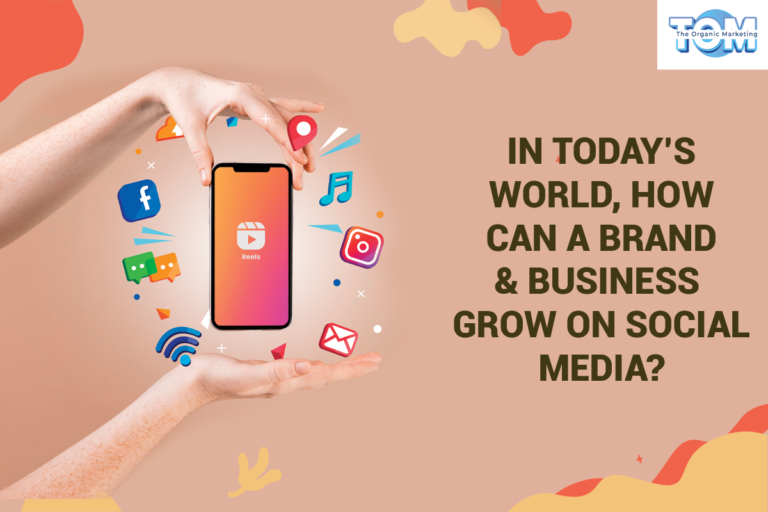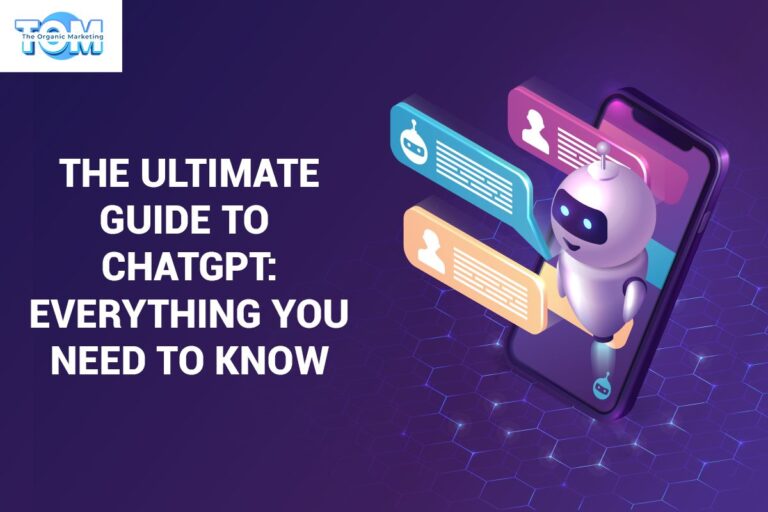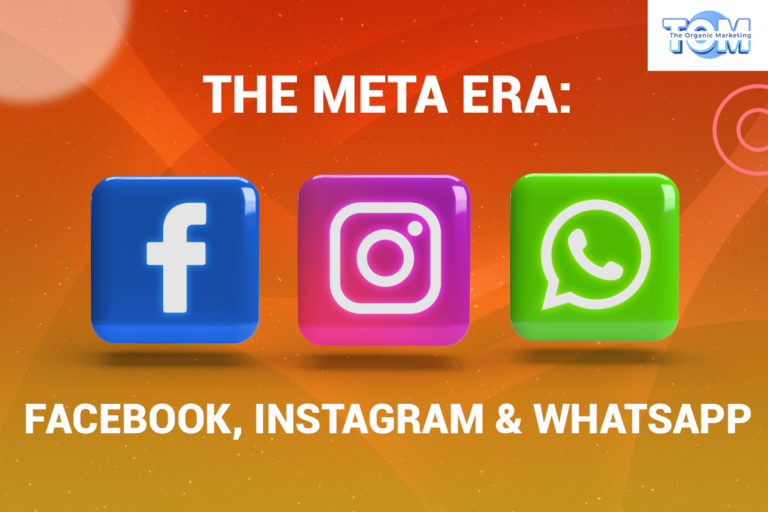What is Brand Awareness & Online methods used to build Brand Awareness:
In modern digital marketing, one of the main objectives is to raise brand awareness, i.e., to increase the degree to which customers and the general public are aware of a particular brand. A well-developed brand awareness is an important component of digital marketing, and marketing in general. Brand awareness can influence a consumer’s perception of a brand, as well as their decisions. As stated in the 2015 essay, “Impact of Brand on Consumer Behavior”.
An important aspect of brand equity is brand awareness, which is often considered the deciding factor for consumers when making a buying decision, since it is the primary factor that leads to a brand being included in their consideration set. A consumer’s familiarity with the brand and its characteristics can also influence their perception of risk and their confidence in making a purchase decision.
Businesses and digital marketers in recent years are focusing more on cultivating brand awareness and recall through their digital marketing efforts than in years past. Approximately 81% of digital marketers worked on enhancing brand recognition in the past year, according to a 2019 Content Marketing Institute study. B2B marketers now see improving brand awareness as more important than increasing sales, according to another Content Marketing Institute survey.
A number of reasons contribute to digital marketing’s focus on increasing brand awareness:
- Online shopping has increased. The Statista survey predicts 230.5 million Americans will shop, compare, and purchase items online by 2021, up from 209.6 million in 2016. According to Salesforce research, 87% of people began searching for products and brands through digital channels in 2018.
- The impact of digital interaction on customer behavior. 70% of all U.S. retail purchases are influenced by an online interaction with a brand.
- 82% of online shoppers searching for services prioritize brands they know. Brand awareness plays a growing role in the decision-making process of online shoppers.
- Social media’s use, convenience, and influence. A recent report by Hootsuite estimated there are over 3.4 billion active social media users, up 9% from 2018. In 2019 The Manifest reported that 74% of social media users follow brands on social media platforms, and 96% engage with brands on social media. Deloitte reports that one out of three U.S. consumers consider social media when buying a product, and 47% of millennial consumers use social media to interact with brands.
Methods for building brand awareness online:
To increase brand awareness with consumers, digital marketing strategies may use a variety of online channels and techniques (omnichannel).
Brand awareness can be built using the following methods/tools:
Social Engine Optimization (SMM): For industry-related search queries, search engine optimization techniques can make business websites and brand-related content more visible. Featured snippets, knowledge panels, and local SEO are said to affect customer behavior in a positive way, in keeping with the importance of SEO to increase brand awareness.
Social Engine Marketing (SMM): SEM, or Pay-Per-Click advertising, involves buying ad space on search results pages and websites that are prominent and visible. Brand recognition, awareness, and conversions have been shown to be positively impacted by search ads. According to research, 33% of people who click on paid ads do so because they need a direct answer to a search query they entered.
Social Media Marketing (SMM): Unlike other marketing types, social media marketing emphasizes content and interaction skills while always being in a marketing state. Marketers need to monitor, analyze, summarize, and manage their marketing processes in real-time and adjust their marketing targets in response to market and consumer feedback. Marketing via social media platforms is primarily used to raise brand awareness, which is the top goal for 70% of marketers. In 2021, LinkedIn is expected to rank as one of the top social media platforms for business leaders because of its professional networking capabilities. In terms of social media marketing platforms, Facebook, Twitter, Instagram, and YouTube are among the top most popular.
Content Marketing: A majority of marketers believe that brand-centric blogs, articles, social media updates, videos, and landing pages improve brand recall and engagement.





